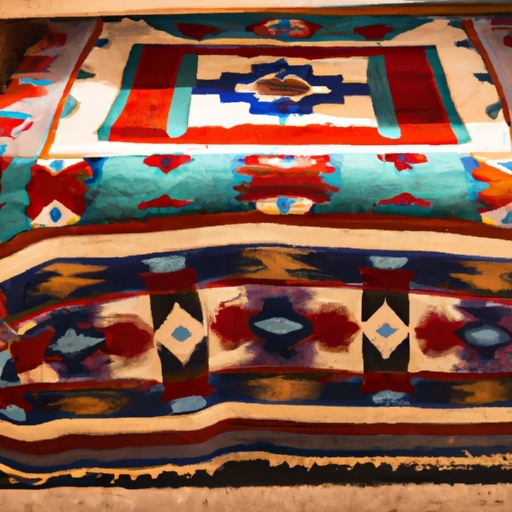

Native American Chiefs have long held a place of reverence in the United States. Chief Seattle, for example, was an important leader among the Native American people who lived in what is now Washington state, and his influence lives on through the city that bears his name! Seattle (named after him) can be found in the Puget Sound region of Washington, and it's one of America's most vibrant cities.
Chief Joseph also left a lasting impression on American history. He was a leader of the Nez Perce tribe whose valiant efforts to protect his people are still remembered today. Wallowa Valley (in Oregon) is named after he, and it serves as a reminder of his legacy. Chief Joseph's courage and bravery were truly remarkable – especially since he was forced to flee from his homeland during a time when Native Americans were being unlawfully displaced from their homes.
Moreover, chief Sitting Bull was an influential figure among the Lakota Sioux tribe who fought against U.S. government policies with courage and conviction. He gained respect nationally due to his fierce opposition to oppressive laws which sought to take away native lands and rights; though sadly these attempts failed and many tribes had to suffer devastating losses as result. Nevertheless, there is an area in North Dakota called Fort Yates which honors Sitting Bull's memory – providing recognition for this extraordinary individual!
In conclusion, while many Native American chiefs have passed away, their legacies still remain strong throughout our nation – particularly through places that are named after them. They serve as powerful reminders about our shared history with indigenous peoples – helping us remember how vital they were (and continue to be!) in shaping America into what it has become today!
in what way did the american revolution affect native americans
The city of Seattle is named after a Native American chief, Chief Seattle! The origin story of this name dates back to the early 1800s. When white settlers first arrived in the area, they were met with friendly and welcoming local tribes who allowed them to stay. Chief Seattle, leader of the Suquamish tribe, played a pivotal role in allowing them to settle peacefully. (He) was known as an advocate for peace between his people and the newcomers.
However, it wasn't until 1853 that the city was officially named 'Seattle' in honor of Chief Seattle. The city's founders intended to keep their new settlement close to its roots by honoring the chief's legacy. In doing so, they also hoped to create a lasting relationship between natives and settlers alike.
Interestingly enough, there has been much debate over whether or not this is truly how the city got its name! Some contend that it was merely coincidental since "seattle" is derived from an anglicized version of Chief Seattle's tribal name - 'See-aht'. Others argue that this could be more than mere coincidence and that it could have been done intentionally as a way of honoring him and his people.
Regardless, today we can look back on this origin story with pride and admiration for Chief Seattle and all he did for both native peoples and settlers alike! He will always remain part of our city's history and his legacy will live on forever (in) our hearts!
Native Americans have left a legacy of great importance to the history and culture of the United States. One such example is the city of Spokane, Washington, named after a Native American chief by the same name. Chief Spokane was an important leader in his tribe and was known for his wisdom and dedication to peace (and protection) amongst tribes as well as between them ans settlers. His legacy has been preserved through the city of Spokane, which continues to commemorate him and provide citizens with a reminder of their rich history!
The preservation of Native American legacies is no easy task, however. With many different cultures represented among tribes across the country, it can be difficult for any one group to maintain its heritage without access to resources or strong leadership. Additionally, lack of education on these cultures can cause people to forget about what makes each unique and valuable.
Nevertheless, there are organizations that are dedicated to preserving the legacies of various native peoples through both research and education initiatives. For instance, The National Museum of the American Indian works diligently to document tribal histories so they may continue being passed down from generation to generation. In addition, museums like this often host events where traditional crafts and other activities are taught in order to keep these cultures alive!
Overall, it is clear that there are numerous challenges in preserving Native American legacies today; however with hard work from passionate individuals and organizations we can ensure that these invaluable traditions will not be forgotten! Through continued recognition such as Spokane’s namesake Chief we can continue celebrating our shared history in all its forms.